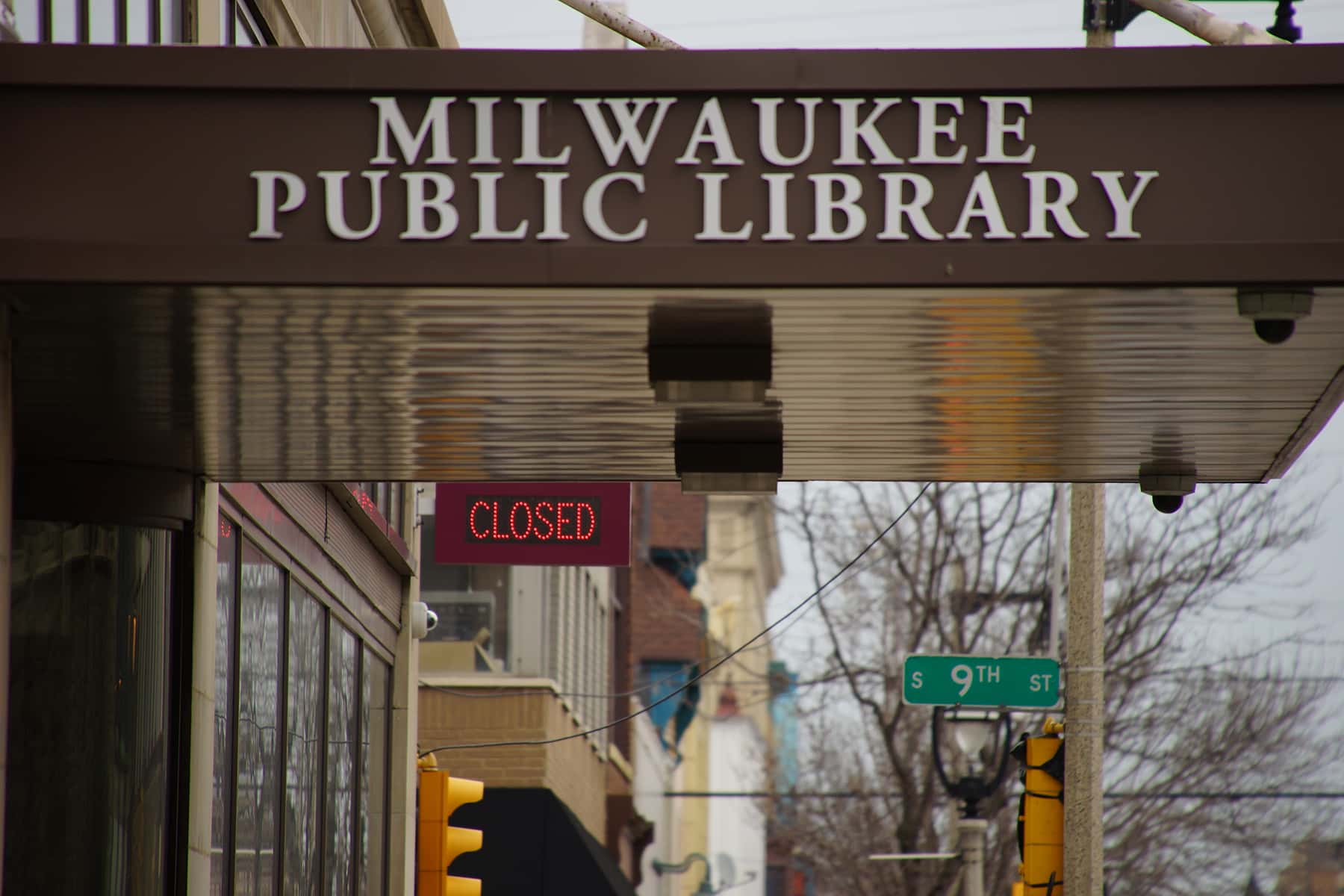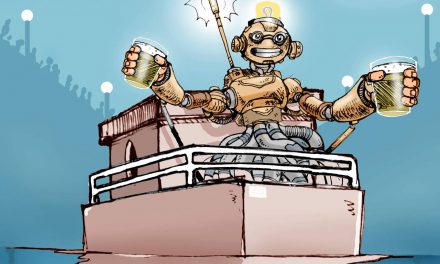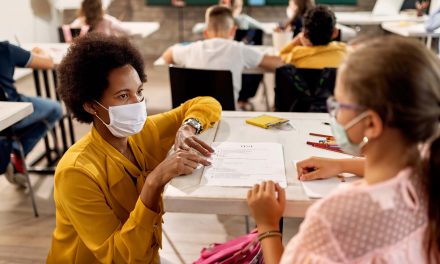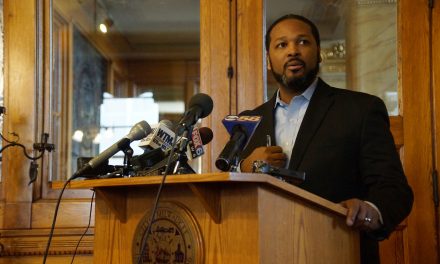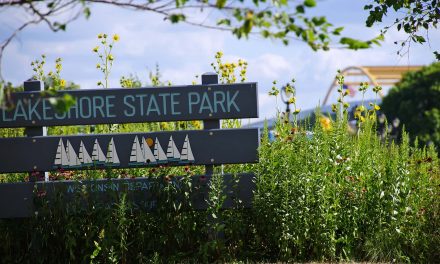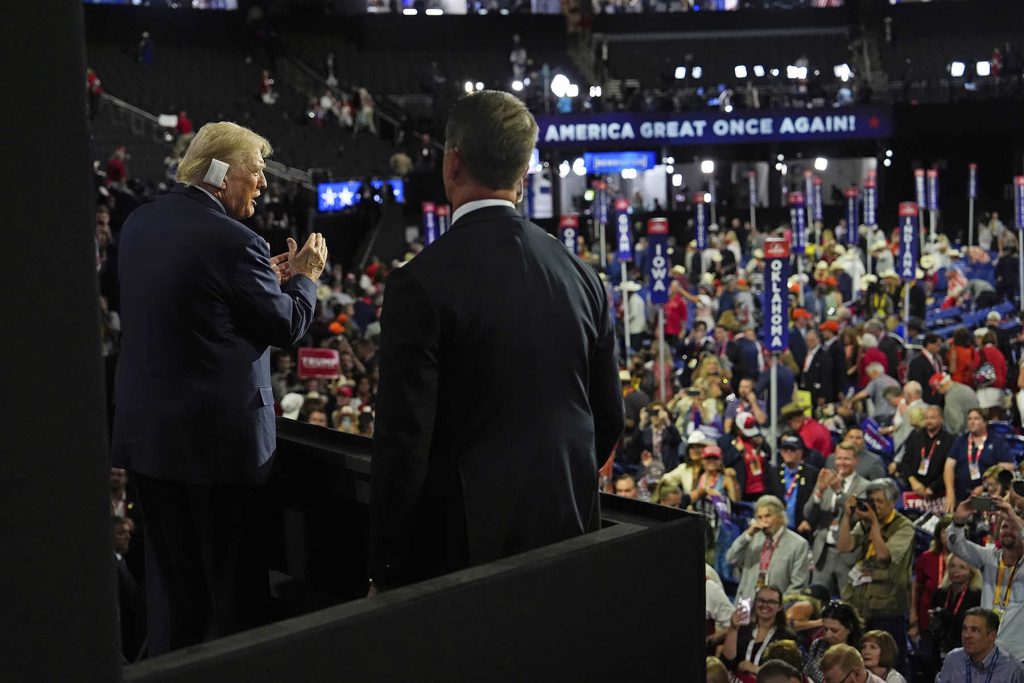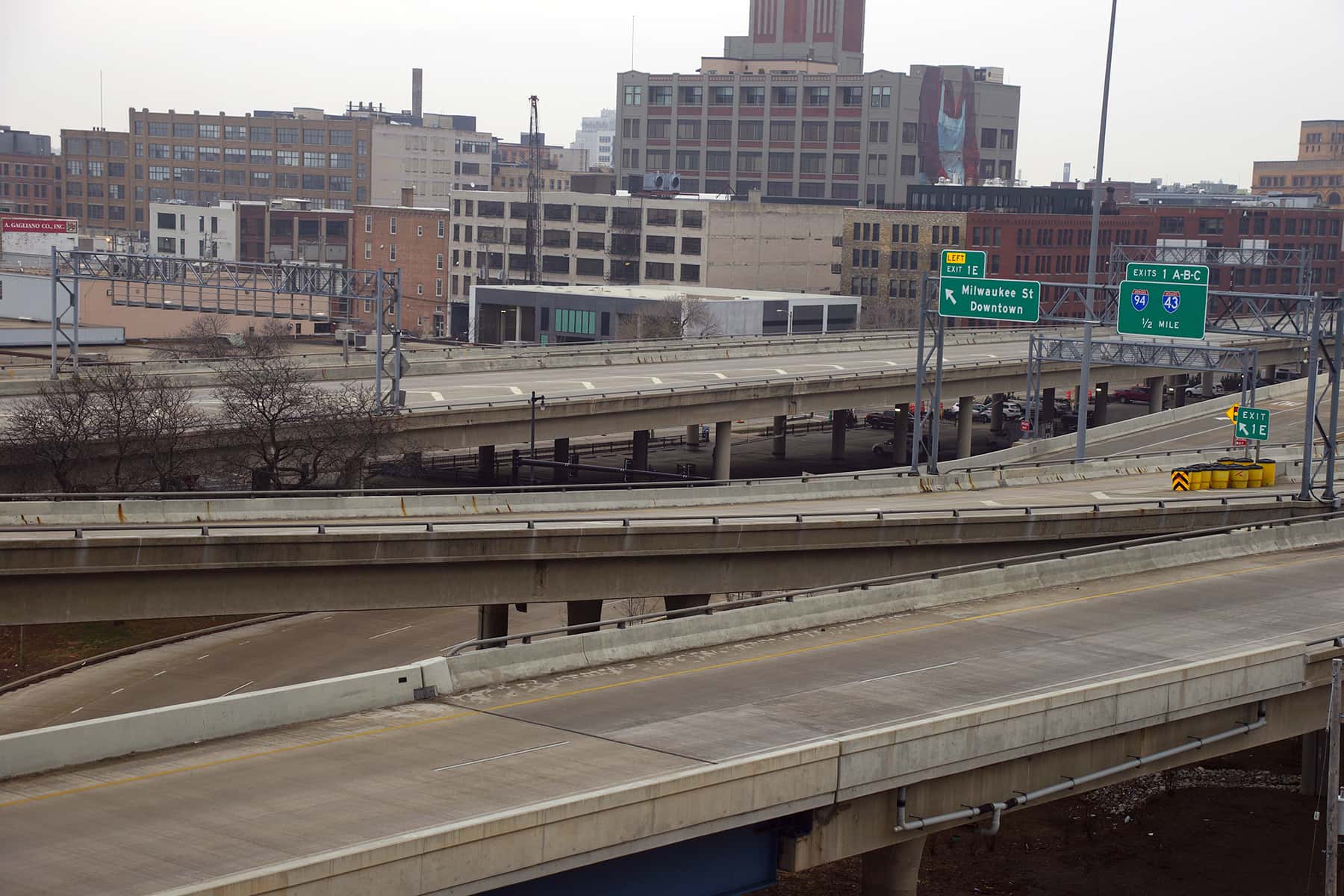
Governor Tony Evers announced on April 16 that he had directed Wisconsin Department of Health Services (DHS) Secretary-designee Andrea Palm to extend the Safer at Home order from April 24, 2020 to 8:00 a.m. Tuesday, May 26, 2020, or until a superseding order is issued.
The order implements some new measures to ensure safety and support the progress the state has accomplished in containing COVID-19, but also allows certain activities to start up again. The decision comes after half the country has adopted a longer period of confinement, even as President Donald Trump has blindly pushed to reopen the national economy by May. The updated order comes less than two weeks before Wisconsin schools could have reopened.
“A few weeks ago, we had a pretty grim outlook for what COVID-19 could mean for our state, but because of the efforts of all of you, Safer at Home is working. That said, we aren’t out of the woods just yet,” said Governor Evers. “As I’ve said all along, we are going to rely on the science and public health experts to guide us through this challenge. So, as we extend Safer at Home, I need all of you to continue doing the good work you’ve been doing so we can keep our families, our neighbors, and our communities safe, and get through this storm together.”
Extension of the Safer at Home order includes a few changes. Some changes allow more businesses and activities to open back up, while other changes help make businesses safer for employees and customers. The new measure also comes as tensions with state Republicans increases, over their unrealistic rushing to restart the economy. State health officials have documented that the restriction policy has resulted in less cases of people infected with the coronavirus, which is a better long-term solution than a premature effort that would trigger a worse secondary outbreak.
“Before we lift Safer at Home, the steps of testing and more robust public health measures must be in place,” explained Secretary-designee Palm. “These steps will help us reduce the risk of a second wave of the virus. If we open up too soon, we risk overwhelming our hospitals and requiring more drastic physical distancing measures again.”
Public libraries may now provide curb-side pick-up of books and other library materials. Golf courses may open again, with restrictions including scheduling and paying for tee times online or by phone only. Clubhouses and pro shops must remain closed. Non-essential businesses will now be able to do more things as Minimum Basic Operations, including deliveries, mailings, and curb-side pick-up. Non-essential businesses must notify workers of whether they are necessary for the Minimum Basic Operations. Arts and craft stores may offer expanded curb-side pick-up of materials necessary to make face masks or other personal protective equipment (PPE). Aesthetic or optional exterior law care or construction is now allowed under the extended order, so long as it can be done by one person.
Essential Businesses and Operations must increase cleaning and disinfection practices, ensure that only necessary workers are present, and adopt policies to prevent workers exposed to COVID-19 or symptomatic workers from coming to work. Retail stores that remain open to the public as Essential Businesses and Operations must limit the number of people in the store at one time, must provide proper spacing for people waiting to enter, and large stores must offer at least two hours per week of dedicated shopping time for vulnerable populations. Essential Businesses and Operations that are essential because they supply, manufacture, or distribute goods and services to other Essential Businesses and Operations can only continue operations that are necessary to those businesses they supply. All other operations must continue as Minimum Basic Operations.
Public and private K-12 schools will remain closed for the remainder of the 2019-2020 school year. Local health officials may close public parks and open spaces if it becomes too difficult to ensure social distancing or the areas are being mistreated. People are strongly encourage to stay close to home, not travel to second homes or cabins, and not to travel out-of-state if it is not necessary. Tribal Nations are sovereign over their territory and can impose their own restrictions. Non-tribal members should be respectful of and avoid non-essential travel to Tribal territory. Local government must coordinate, collaborate, and share information with Tribal Nations.
“Few communities have been impacted by Coronavirus COVID-19 like our nation’s Latino community. From the rate of infection and lives lost, to the economic hardship caused by the virus, America’s Latino community is hurting. It is for the need to act in the best interest of the public’s health while protecting businesses and jobs, that Forward Latino supports the Governor’s modified ‘Safer at Home’ order,” said said Darryl Morin, National President of Forward Latino. “While we understand this extension will lead to additional hardship, if we remain committed, it will be temporary. To return to business as usual will not only prolong the virus’ impact, but will needlessly cost lives, and put our nation at risk of not recession, but depression.”
© Photo
Lee Matz

